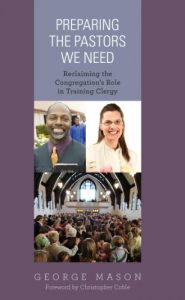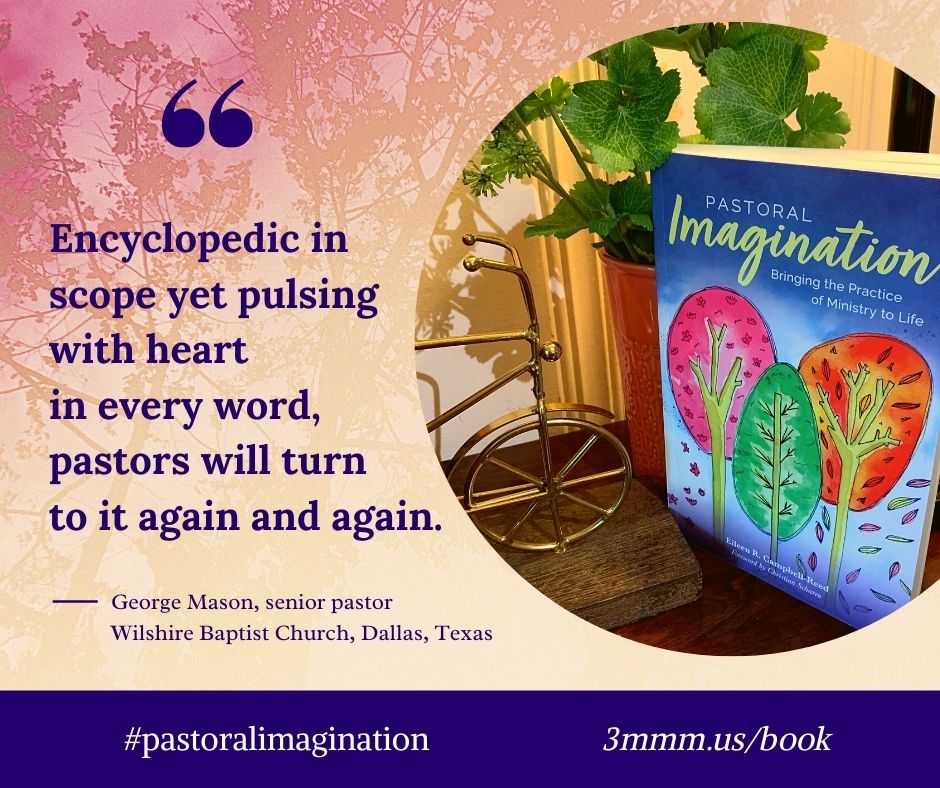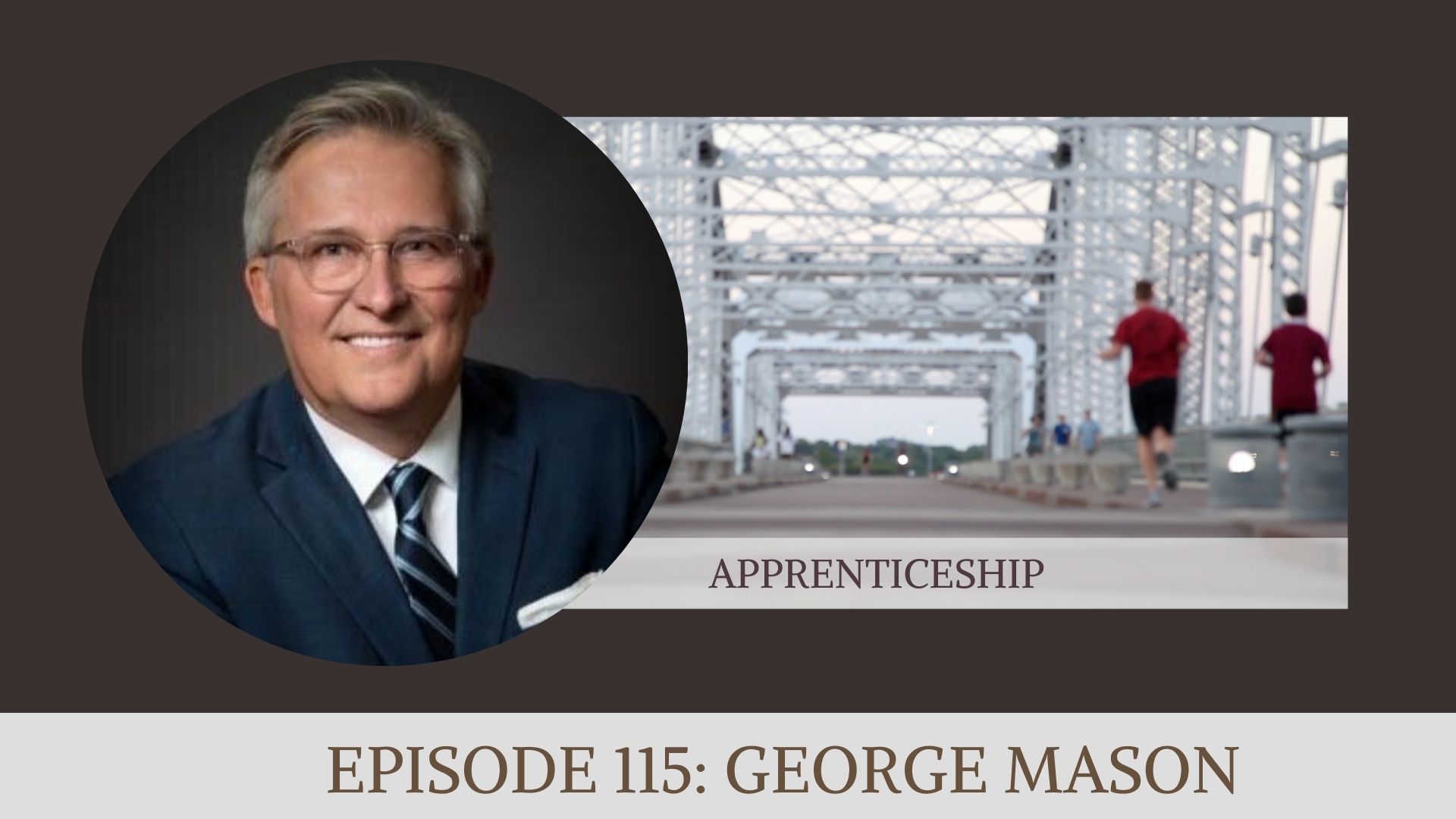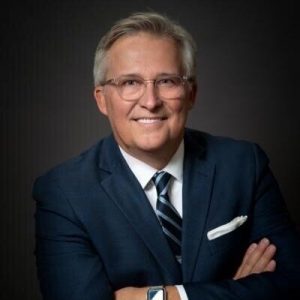Last week Chris Scharen and I conducted another interview with ministers and pastors out of seminary for 10+ years. I adore this beautiful work with the Learning Pastoral Imagination Project. I really cannot overstate how powerful it is to accompany ministers over a journey of many years.
The ministers we met with last week, are long-term apprentices to their various ministry situations. They are chaplains and pastors and congregational worship leaders. Over the last decade they have woven in and out of full-time ministry positions. Some are pastoring exactly the same church they were pastoring when we met them in 2010.
One of the members of this small cohort of study participants is Pastor Wanda, an African American minister in her 50s.* And I tell some pieces of her story in Chapter 21 of Pastoral Imagination: Bringing the Practice of Ministry to Life and in this video. She is an apprentice to her Harlem neighborhood in the city of New York. She has lived most all of her life in that place.
Wanda’s apprenticeship to her situation of ministry is relational and embodied, and it has grown over years of life and now more than a decade of ministry. It is an apprenticeship in how to love.
~Pastoral Imagination, 135
Ministry in Covid Times
Pastor Wanda told us this weekend that during Covid she has not been out in the neighborhood in the same way. And yet through her ministry, the neighborhood still comes to her. She is still a chaplain and worship leader and ministry entrepreneur. Like other pastors and ministers she spent the last 15 months apprenticed to a virtual ministry situation. She was learning about “pandemic pastoring.”
Pastor Wanda says, “I have learned skills I never thought about needing to know.” She says leading worship online “is a lot of little things to do!” Yet she says she has grown in her ability to deliver the message in the online environment. And she asks her congregation for immediate feedback, and they give it.
Dear Clergy, Pastors, Priests:
What have you learned by apprenticing yourself to your particular setting of ministry?We want to hear from you…#Pastoralimagination pic.twitter.com/gkFD8IYYIq
— Three Minute Ministry Mentor (@3MinuteMin) June 27, 2021
She wants her ministry to reflect the way things happen in life. The curtain between the main stage in the backstage of worship has been lifted. And so when a screen share goes wrong, or the zoom feed glitches, she and her folks just roll with it. She says, “I have just learned to let it be. I love the church bloopers. It is really no different than what happens in person.” For pastor Wanda it is all “part of real life.” And she says she enjoys the services even more than trying to make things perfect. Something impossible to do.
In the last 15 months Pastor Wanda has also watched at least 50 of her friends and community members die of Covid-19. She had little choice but to continue learning from her situation and improvising her leadership to fit each new moment of grief and lament. The situation of her apprenticeship changed, yet she holds steady and continues to learn.
Pastor Wanda’s story inspires us to ask ourselves: How might I apprentice myself more intentionally to my ministry situation?
Find more about Apprenticeship here: video | blog | podcast
Learning in Practice with George Mason
Our featured author this week is Rev. Dr. George Mason, pastor at Wilshire Baptist Church in Dallas, Texas. I met George when he was a newish pastor at Wilshire and I was a very recent seminary graduate. We were both involved in leadership of the newly forming Cooperative Baptist Fellowship. I found it a delight to hear George preach. And I always appreciated his wit and pastoral gifts for leading a meeting. The CBF often benefited from his wise insights during its early years.
When I graduated from Vanderbilt and took my first research job at Luther Seminary, I helped to launch the Learning Pastoral Imagination Project. In that role, I attended my first Lilly Endowment, Inc. gathering in Indianapolis. There I encountered George in a different role. His initiation and leadership of Pathways to Ministry program at Wilshire meant we now shared some additional vocational real estate. George and I are each deeply committed to the development and formation of new ministers for the practice of ministry.
The pastoral residency at Wilshire quickly became a model and leader among the residency programs in the US. Begun in 2002, more than 35 residents are currently in or completing the program. They serve ministries and churches around the U.S.
 George writes about what he has learned in leading the Pathways program the in his 2012 book Preparing the Pastors We Need: Reclaiming the Congregation’s Role in Training Clergy. He also addresses urgent topics in ministry and interfaith conversations in his new podcast Good God.
George writes about what he has learned in leading the Pathways program the in his 2012 book Preparing the Pastors We Need: Reclaiming the Congregation’s Role in Training Clergy. He also addresses urgent topics in ministry and interfaith conversations in his new podcast Good God.
As with other guests in Season Three of 3MMM, we asked George about his own learning in practice, what he is reading, and the questions he lives by.
Welcome, George!
What questions do you live by?
GM: How can I do the most good from my position of considerable privilege and relatively large influence? What can I do to elevate those who have been pushed down, draw in the marginalized and give a voice to the voiceless? Where can I work to transcend the dualisms and binaries that make us stop thinking and invite people into a more inclusive way of thinking and being?
What questions do you wrestle with in your practice of ministry?
GM: How do my convictions about my Christian faith resonate or not with other faiths? How will the institutional church adapt in the next generation and what can I do in my time remaining to tip the church in that direction? What is the eschatological vision of the world to come that animates my work in this world?
Tell us what you have learned about mentoring and “apprenticeship.” What can mentors and apprentices learn from one another?
GM: I have seen a movement from a mentor-mentee relationship where I as the mentor saw myself mostly offering leadership to mentees, to one where I have learned from the mentee. At the same time, and on the downside of this, I have seen a shift in the dynamic toward more entitlement on the part of the mentee. Less open to critique. More sure of how much I still need to learn from the younger generation. It’s more challenging emotionally and relationally.
How has your practice of ministry changed over time?
GM: I have shared leadership more and more. I have become more focused on the things I can best offer, and I let others take the lead where they are stronger.
What is on your must-read list right now?
GM: Jesus and John Wayne by Kristen Kobes DuMez
Learn more about Dr. DuMez and her book in this interview.
+++++++++
I’m grateful for George’s endorsement of Pastoral Imagination! During last week’s interview, another study participant said he is enjoying reading Pastoral Imagination and listening/watching each episode’s podcast from 3MMM Season One together. Have you tried this?
During last week’s interview, another study participant said he is enjoying reading Pastoral Imagination and listening/watching each episode’s podcast from 3MMM Season One together. Have you tried this?
You’ll find every episode from 3MMM Season One here. Pastoral Imagination books can be purchased in all the usual places. And author signed copies are available here at the website. If journaling is your mode of learning, you can find print and electronic journals in our shop.
- All LPI study participants are identified with pseudonyms. Stories are shared with permission.





